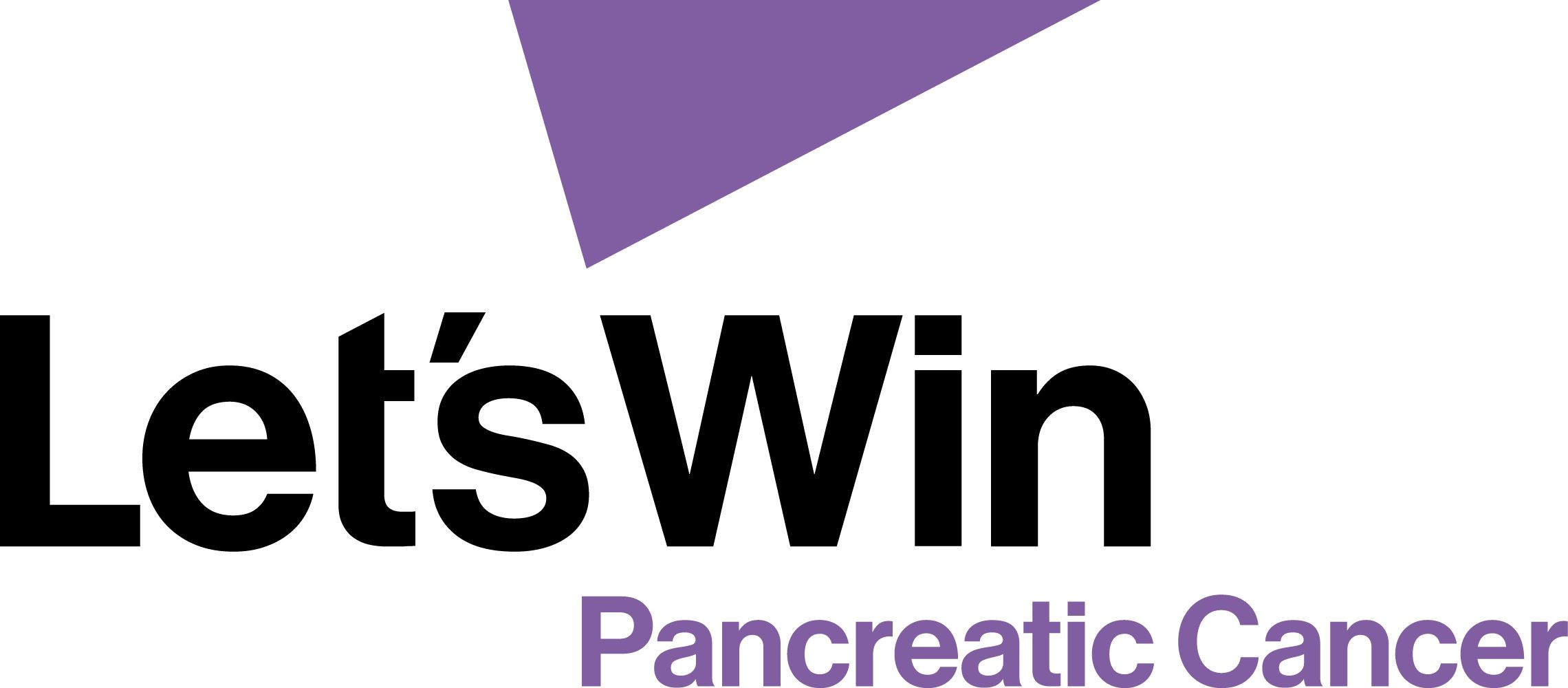
Inhibiting Cell Division With Alternating Electric Fields

Dr. Andrew Coveler discusses the use of electric fields to disrupt cell division during pancreatic cancer treatment.
Pancreatic cancer remains a formidable foe. Though longer-term survival has edged up due to multi-agent chemotherapy, surgery still remains the only chance for a cure.
About 30 percent of patients are diagnosed with locally advanced disease. It’s a challenge for doctors because of blood vessel involvement—a hallmark of this subset of patients—which can make curative surgery impossible. The good news is some—but far from all—patients with locally advanced disease are becoming candidates for surgery due to the advent of neoadjuvant therapy (chemotherapy before surgery), which can help shrink a tumor, increasing the possibility of surgery and improving longer-term survival.
A new modality under investigation for patients with locally advanced disease is called tumor-treating fields, or TTFields (TTF). Very simply, TTFields are low-intensity, alternating electric fields designed to disrupt the process of rapidly dividing cancer cells while leaving normal cells unscathed. The TTFields home in on proteins in the cells that carry naturally-occurring electrical charges vital to cell division. When a cell cannot divide, it dies.
“Right now, surgery is the only chance for a cure in pancreatic cancer and patients with locally advanced disease are particularly challenging,” says medical oncologist Dr. Andrew Coveler, Director of the Pancreatic Cancer Specialty Clinic at Seattle Cancer Care Alliance and associate professor of Medical Oncology at the University of Washington School of Medicine.
He is leading a new trial at Seattle Cancer Care Alliance called PANOVA-3, focused on TTFields for those with locally advanced pancreatic cancer. “What you want to do with patients with locally advanced disease is to try to find ways to get them to surgery, and neoadjuvant treatment has certainly made that possible for some patients. And in patients that don’t become candidates, you want to find a way to slow progression and have a longer-term survival.”
About PANOVA-3
The PANOVA-3 trial (also known as the “EF-27 trial”) is similar to a phase III randomized controlled drug trial. It is designed to test the efficacy and safety of TTFields, generated by a medical device called the NovoTTF-100L(P) System. The device will be used in combination with gemcitabine and nab-paclitaxel as front-line treatment for patients with locally advanced pancreatic adenocarcinoma that is not amenable to surgery, according to Novocure Ltd., the trial sponsor. The trial, which hopes to recruit 556 participants, is now enrolling patients in multiple centers in the U.S. and abroad.
The primary outcome measure is overall survival. Secondary outcome measures include progression-free survival, quality of life, and resectability rate, among others.
PANOVA-3 participants must wear the device on average 18 hours per day. The transducer arrays are placed on the torso and provide the electrical current that disrupts cell division. The bag, which carries the system, may be the only element of the device that can be seen by others, according to Novocure. Round-the-clock technical support is provided, and the participant’s medical team will address medical questions and may modify the treatment schedule and the use of the device as needed.
The results of a phase II pilot trial designed to test the feasibility, safety, and efficacy of TTField treatment in patients with unresectable, advanced pancreatic cancer included a 20-person group that received TTF plus gemcitabine and another 20-person group that received TTF plus gemcitabine and nab-paclitaxel. The study’s primary endpoint was safety and the secondary endpoints were progression-free survival and overall survival.
People treated with TTF and gemcitabine had a median progression-free survival rate of 8.3 months and a median overall survival rate of 14.9 months. That’s compared to 3.7 months progression-free survival and 6.7 months median overall survival in a gemcitabine historical control. Those treated with TTF and gemcitabine and nab-paclitaxel had a median progression-free survival rate of 12.7 months compared to 5.5 months in the historical control. The one-year survival rate of people treated with TTF and gemcitabine and nab-paclitaxel was 72 percent compared to 35 percent in the historical control.
There were no serious device-related adverse events reported.
TTFields Device Receives FDA Approval In Other Cancers
In 2018, the National Comprehensive Cancer Network (NCCN) updated its clinical practice guidelines to recommend Optune® in combination with temozolomide as a category 1 treatment for newly diagnosed glioblastoma in its Clinical Practice Guidelines in Oncology for Central Nervous System Cancers.
The recommendation followed the publication of Novocure’s EF-14 phase III trial five-year survival results in the Journal of the American Medical Association in December 2017. In patients with newly diagnosed glioblastoma, the EF-14 five-year survival results demonstrated Optune plus temozolomide significantly improved survival outcomes when compared to temozolomide alone. A category 1 recommendation indicates, based upon high-level evidence, there is uniform NCCN consensus that the intervention is appropriate. It has also been approved for recurrent glioblastoma.
In 2019, Novocure announced that the FDA had approved the NovoTTF-100L System in combination with pemetrexed plus platinum-based chemotherapy for the first-line treatment of unresectable, locally advanced or metastatic, malignant pleural mesothelioma. It is the first FDA-approved mesothelioma treatment in more than 15 years, according to the company.
The company has ongoing trials for numerous solid tumors including liver cancer, brain metastasis, ovarian cancer, and non-small cell lung cancer. Preclinical work is ongoing in numerous cancers, including breast, colorectal, small cell lung cancer, and melanoma, among others.
To Learn More About PANOVA-3
It’s too early to tell whether TTFields will prove beneficial for those with locally advanced pancreatic cancer. “Do we know if it will work or not work? Well, no, we don’t know, that’s why it is important to complete this trial,” says Coveler. “I hope it will make a difference because it’s a cool technology based on sound science. The side effects appear to be very minimal. So anything that we can research to find ways to help our pancreatic cancer patients really should be explored. And we’ll see what happens. Hopefully, it will prove to be beneficial.”




